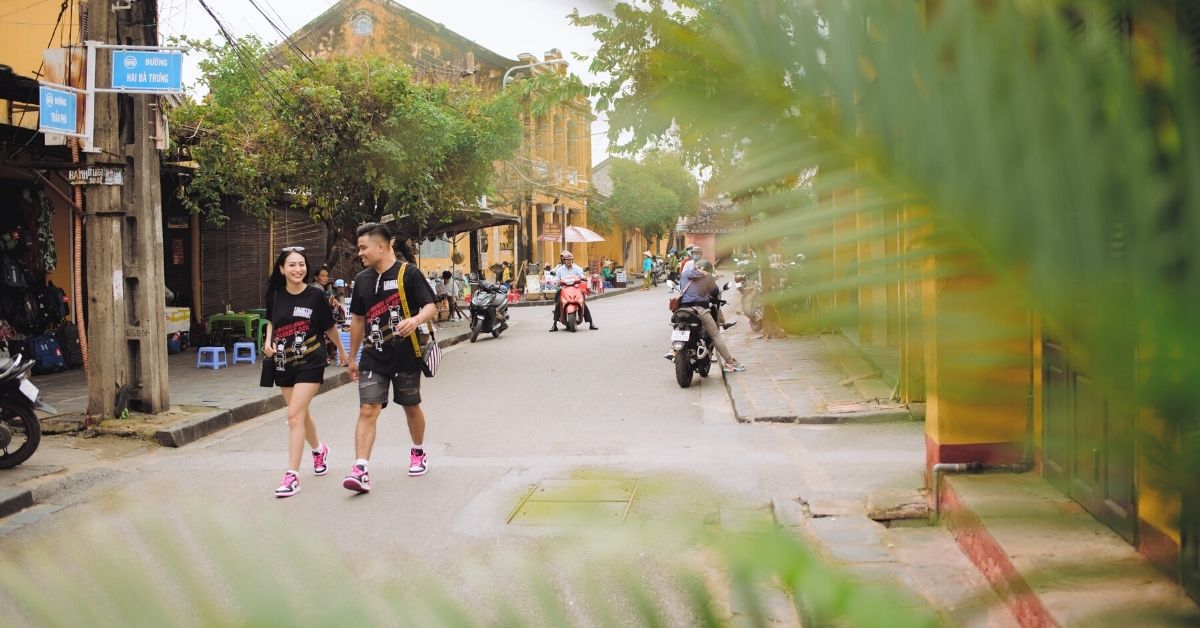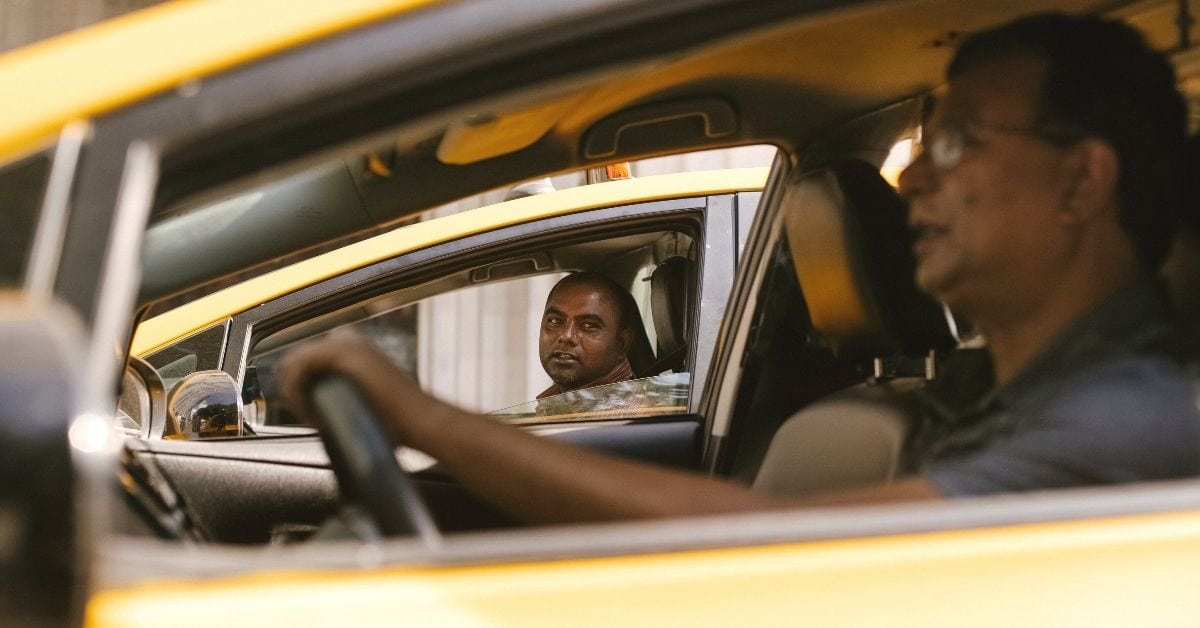One of the biggest challenges when traveling is communicating with locals and overcoming language barriers. It’s not only in remote locations where you might encounter people who don’t speak English. It’s also common to have trouble communicating with language barriers in some well-known cities.
It may feel frustrating when you can’t ask for what you need or embarrassing when you don’t understand what a local says. However, this should not deter you from traveling in non-English speaking countries.
Overcoming a language barrier is not that difficult once you learn a few language barrier solutions and strategies.
As conscious travelers, we must make an effort to interact with the local people in the places we visit. Overcoming language barriers and finding a way to communicate effectively can positively impact your trip in many ways.
You’ll learn more about the culture and area, locals will be impressed with your efforts and more willing to help, and you might even get some discounts too!

How To Overcome Language Barriers
Learning to communicate with people who speak a different language from you will make your travel experience much more enjoyable and rewarding.
So, if you’re feeling nervous about an upcoming trip or are fed up with not being able to communicate well on your travels, here’s how to deal with language barriers and overcome them.
1. Learn A Few Essential Words And Phrases
You can prepare before your trip by learning the language, even if it’s just a few words and phrases. People appreciate when a traveler makes an effort to speak their language, even if it is only a few words.
Simply knowing how to say hello, please, and thank you will go a long way in communicating with language barriers abroad.
You can pick up some crucial words and common phrases on Youtube, Google Translate, and elsewhere online. There is really no excuse not to know how to greet and thank people in the local language of where you are going.
2. Keep Phrases Saved On Your Phone
We know learning languages is not the easiest thing to do. What’s more, you may remember a helpful phrase when you practice it at home, but when you’re on the road and in a real-life situation, your mind might go blank, and you forget the phrase that you thought was so well-rehearsed.
To prevent your efforts from going to waste, store all the words and phrases you may need to use in your phone’s notes. This way, you can quickly jog your memory when needed.
3. Be Open To Learning
You shouldn’t stop learning after getting the most essential words down. During your trip, whenever you interact with a local, ask them what something is called in the local language.
This works well when you are ordering food or buying something. By showing an interest in learning their language, people will naturally act warmer, friendlier, and more welcoming towards you.
4. Use Your Hands
Speaking is just one way to communicate. Instead of verbally communicating with language barriers, you can use hand motions and body language instead.
The simplest way to do this is to point at something you want. You can also try being more elaborate with pantomime-style hand movements.
In many situations, you’ll need to combine a few words with your hand movements to help others understand what you are asking or saying. Plus, as well as using body language to communicate, pay attention to the body language and gestures of other people.
With that being said, when using non-verbal communication, you should be mindful of any cultural differences.
Both hand gestures and facial expressions can vary in meaning from country to country. For example, the familiar thumbs-up gesture of agreement used in America is not a positive sign in all countries.
5. Show Images
Another non-verbal way of overcoming a language barrier is to show images of what you are looking for or need.
If you have wifi or data, you can easily pull up a photo on your phone. This will help you find things in stores and save you from continuously wandering up and down aisles feeling clueless.
6. Use Google Translate
Using technology such as Google Translate and language apps is one of the most effective ways to deal with language barriers while traveling abroad.
Google Translate can save you in many troubling situations of communicating with language barriers.
As well as typing something and getting an instant translation, you can speak into the mic and play the audio translation directly to the person you are interacting with.
You can then switch the languages so that they can talk back into the mic in their language. In this way, you can have a dual-language conversation that you can both understand.
7. Speak Slowly And Clearly
When we communicate with other native English speakers, we often talk rapidly and do not pronounce words correctly. This is something we should be mindful of when we are traveling and communicating with language barriers.
Even if someone does speak some English, our accent could be challenging to understand, or we might just talk too fast for them.
Therefore, whenever you interact with locals, be sure to slow down and speak clearly, pronouncing every word fully.
8. Remain Friendly And Smile!
If you are trying hard, but someone still doesn’t understand, it can be easy to get frustrated and just walk away. Whenever you feel annoyed because of a language barrier, remind yourself that you are in a foreign country.
Therefore, you cannot expect the locals to speak your language. Even if someone doesn’t understand, you should never show your annoyance or be rude.
Remain friendly, and if you realize you cannot overcome the language barrier with someone, just smile and thank them.
Final Thoughts
Communicating with language barriers on your travels does not have to feel like an impossible mission.
Learning how to overcome language barriers will make your trip much more pleasant and enjoyable. Try out some of these language barrier solutions on your next trip, and see how you get on!
That said, slow traveling can help you learn a new language. If you wish to become fluent in a foreign language, consider moving overseas for a long period of time.





